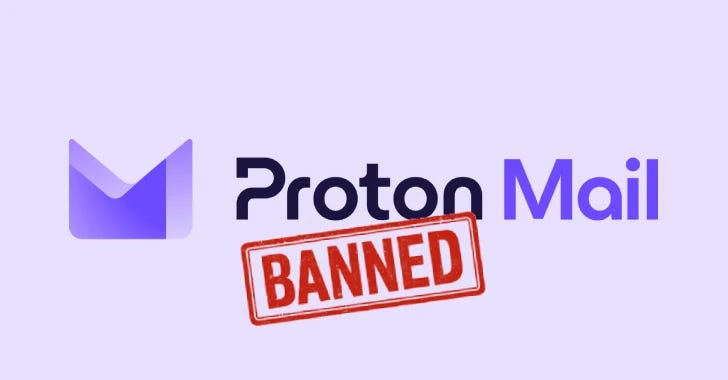Imagine this: You’re comfy on your couch, scrolling through your emails. Suddenly, your Proton Mail refuses to load. Don’t panic,you’re far from alone. A surprise decision by an Indian court has privacy advocates and users in a tizzy. Yup, it’s a significant shift as India cracks down on tech giants. This Proton Mail blockage stands as a key moment in the continuous tug-of-war over internet freedom and privacy control.
What Led to This Digital Dilemma?
No prizes for guessing—the catalyst is a notable High Court order to block Proton Mail, triggered by a complaint from a New Delhi firm. This move has far-reaching consequences, touching both users and privacy advocates’ nerves. The blame game centers on Section 69 of the Information Technology Act 2008, which empowers the government to intercept and block web content for national security reasons. But seriously—does national security really justify casting a net this wide?
Dissecting the Indian Court Ruling
The High Court’s decision hit Proton Mail like a digital tidal wave, arising from a complaint that brought back echoes of past clashes with Indian authorities. This ruling doubles down on a rigorous reading of the IT Act, leaving many to shout overreach. It’s the age-old story—we’ve got tech moving at lightspeed while laws seem stuck in internet dial-up days. That section gives the government power to block digital platforms if national security is at risk. But here’s the kicker—critics are wondering if this move is more about control than security.
Understanding the Information Technology Act 2008
Let’s dive a bit into the IT Act, launched way back in 2008. It aimed to blend innovation with regulation. Applying it to Proton Mail today? That’s like trying to squeeze a square peg into a round hole. This act was born in another era—before encrypted email services became everyone’s go-to. The digital world has leapfrogged since then.
Proton Mail: Stuck in a Privacy Jam?
Proton Mail, the poster child for privacy, finds itself smack in a quandary. With its promise of end-to-end encryption, Proton Mail has long been a fortress of secure communication. But, the Indian blockade brings governmental pressure front and center. Drawing lessons from past skirmishes, Proton Mail stands firm—but even the best fortresses have their weak spots.
When VPNs Become Your Digital Lifesavers
So, how do you dodge this blockade? Cue VPNs—your ticket to sidestepping digital roadblocks. With a slew of VPN options out there, picking one is like choosing candy in a sweet shop. Go for top-rated ones, follow some simple setup steps, and bingo! Your online footprint can glide past barriers with ease. It’s your digital invisibility cloak.
The Larger Picture: Internet Freedom at Risk?
This ruling’s repercussions are global, extending past national borders. It threatens the very ideals of internet freedom and privacy. If India—a democracy—can enforce such blockages, it sets a benchmark that might embolden other nations. It’s like watching the first domino topple in a line—stressful, right?
Navigating Future Waters for Proton Mail Users
With this saga unfolding, what’s next for Proton Mail users in India? The ban might just be the nudge to amp up digital defenses. As the age-old dual between privacy and control heats up, it’s clear that the path forward is just a never-ending game of digital cat and mouse.
The future may yield awesome strides in tech or a rethink of current privacy laws. For now, it’s a waiting game, adapting to new realities and cheering on efforts that protect our digital rights.
For more on the global impact of email service shutdowns, check out Indian Court Orders Blocking of Proton Mail. Get a sneak peek into how this scenario might unfold globally.


